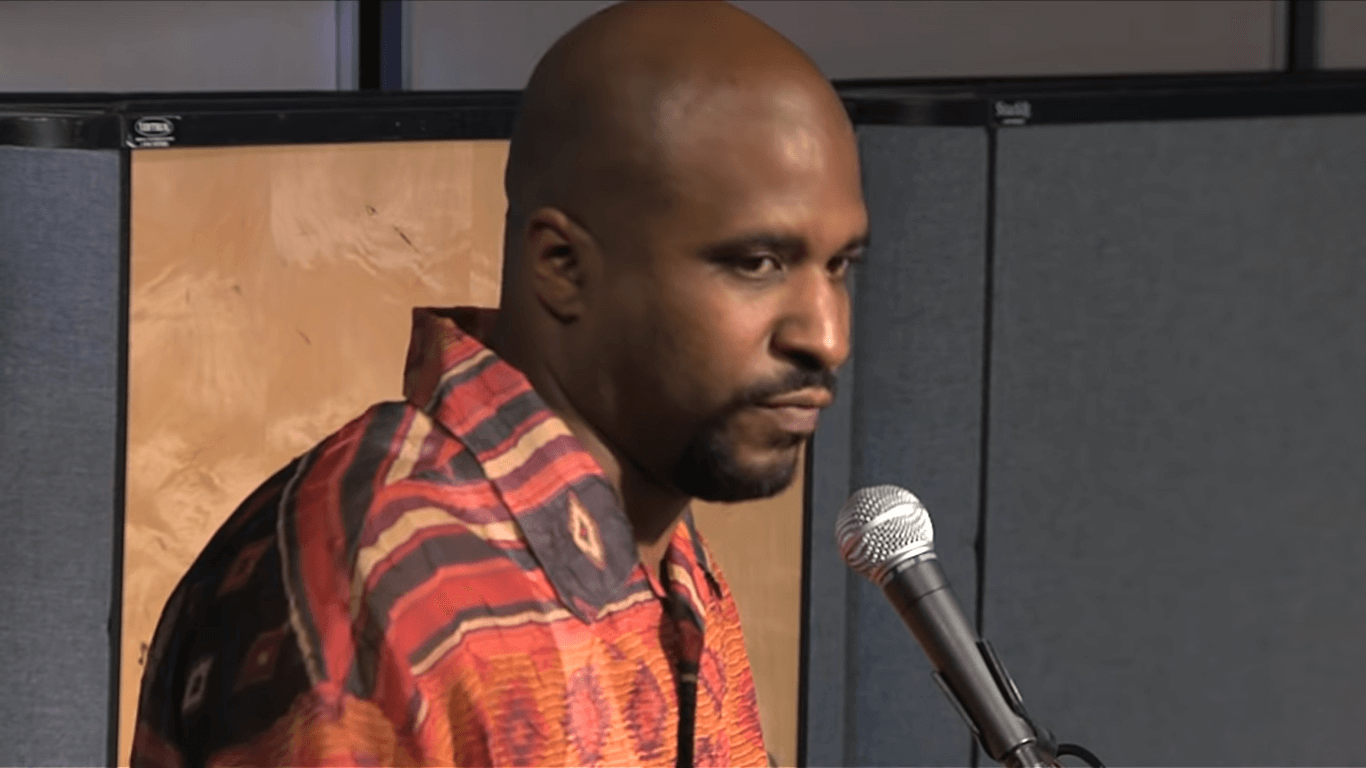Cuban baseball opening runs into trouble, fails to stop flow of departures to major leagues
By Anne-Marie Garcia And Michael Weissenstein
THE ASSOCIATED PRESS
HAVANA, Cuba _ Cuba’s unprecedented effort to stop a devastating baseball talent drain doesn’t seem to be working, with a string of stars leaving for the major leagues in the year since the government allowed a small number to play professionally overseas.
The island’s national league began its 54th season Sunday badly weakened by the departure of both stars and promising prospects chasing dreams of riches in the U.S. To fight the drain, Cuba relaxed a five-decade ban on professional play in September 2013 and allowed ballplayers to sign off-season contracts with leagues like Japan’s and Mexico’s as long as a large chunk of their contracts goes to the state and they return to play in Cuba. The state also gave raises to on-island athletes.
There are no official statistics on ballplayers’ departures from Cuba, typically murky affairs that come to light only when a player appears in Mexico or the Dominican Republic to be declared a free agent with a shot at a big contract in the major leagues.
But observers note that a quarter of the players on Cuba’s star-studded 2013 World Baseball Classic team have stopped playing, with most leaving the island since last year’s reform in search of major-league deals.
“There’s no way that economically Cuba is going to keep enough top players in the country to have the quality of league they had five or ten years ago,” said Peter C. Bjarkman, author of “A History of Cuban Baseball, 1864-2006.” “It hasn’t been destroyed, but my fear is that it’s living on borrowed time … It certainly doesn’t seem to be affected by what the Cubans tried to do.”
Cuba’s national team hasn’t won a title in 10 years, and national champion Villa Clara set off an island-wide depression this year when it was eliminated in the first round of the regional Caribbean Series. While departing stars get the most attention, Bjarkson said that the loss of dozens of younger, barely known players each year has been more devastating to the sport’s long-term health here.
The Cuban Baseball Federation did not respond to repeated requests for comment. But baseball officials and players on the island say they’re confident that the option of playing legally overseas will allow Cuban baseball players to come back and help the sport in Cuba rather than moving to the majors.
“Only a few players have left” legally under the reform, Industriales manager Lazaro Vargas cautioned, saying it’s too early to judge the results yet.
“We’re going to raise the standard of our game and be better prepared for tournaments like the Caribbean Series,” he said. “We need to allow some time to harvest the fruits.”
Thanks to the reform, star third baseman Yulieski Gourriel, outfielders Alfredo Despaigne and Frederich Cepeda and pitcher Hector Mendoza played this season in Japan.
Meanwhile, 13 Cuban players signed new major or minor league contracts this year, up from 10 the previous year. Twenty-five Cuban-born players appeared in at least one major league game this season.
Outfielder Rusney Castillo left Cuba and signed a $72.5 million, seven-year deal with the Boston Red Sox this summer, topping outfielder Jose Abreu’s $68 million, six-year contract with the Chicago White Sox last October.
Asked before a game in Japan to compare his $1 million contract with Castillo’s, Gourriel laughed and said “in my case, it’s the first time that Cuba is open to us playing in foreign leagues. We haven’t had the opportunity to play here and the Japanese didn’t know how we would take to it.”
“The great figure that they’re paying for Rusney shows that Cuban baseball is very strong,” Gourriel told The Associated Press.
Not all Cuban players feel the same.
Industriales pitcher Odrisamer Despaigne, 27, left Cuba in February and three months later agreed to a minor league contract with the San Diego Padres with a $1 million signing bonus. He was called up in June and a month later against the New York Mets came within four outs of becoming San Diego’s first pitcher to throw a no-hitter.
“I needed new challenges, that’s why I left my country, to achieve my dream of playing with the best in the major leagues,” Despaigne told the AP.
The contracts for six of the top-earning Cuban-born major leaguers _ Jose Abreu, Yasiel Puig, Castillo, Yoenis Cespedes, Aroldis Chapman and Jorge Soler _ total close to $280 million. And there’s more to come.
Outfielders Yasmani Tomas, Gelkis Jimenez, Adriel Labrada and Alejandro Ortiz and pitchers Diosdany Castillo, Yasmani Hernandez and Carlos Portuondo all recently left for the major leagues. Tomas was just cleared by the U.S. Treasury Department to sign with a major league organization.
A 52-year-old U.S. embargo bars athletes from paying Cuban taxes on money earned in the majors, so players still can’t chase huge payouts in the major leagues without leaving the island for good.
Typically, baseball players quietly stop playing in Cuba, then establish residency outside the U.S., Canada or Puerto Rico in order to become free agents, not subject to baseball’s amateur draft. A series of lawsuits and a federal investigation launched in Miami this year have revealed that many ballplayers are smuggled out of Cuba by human-trafficking groups in exchange for up-front fees in the hundreds of thousands of dollars, and at least the promise of a slice of future earnings.
Such dangerous journeys haven’t stopped young Cubans from dreaming of playing far from home.
“I’d love to be great one day,” 15-year-old Ernesto Medina said as he recently played in Havana. “To start, I’m dreaming of playing for Industriales, the greatest Cuban baseball team in my opinion, and afterward of course I’d like to play in the major leagues.”
_____
AP Sports Writer Jim Armstrong in Tokyo contributed to this report.
_____
Michael Weissenstein on Twitter:
Tweets by mweissenstein

